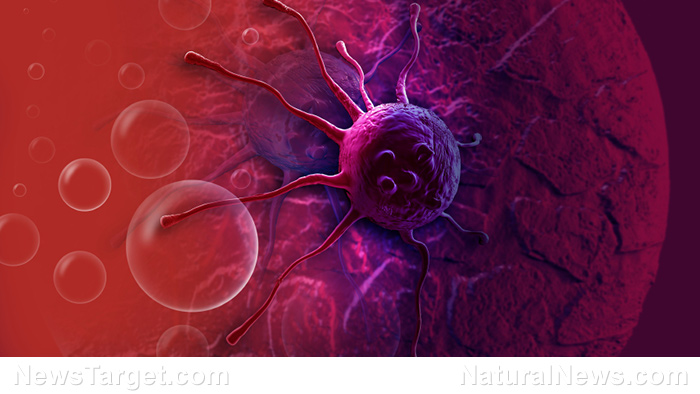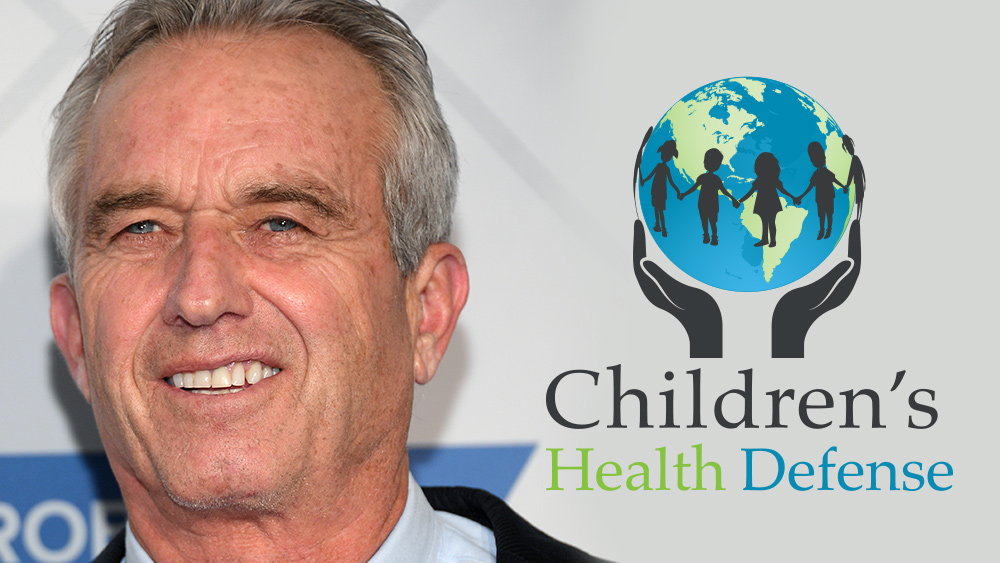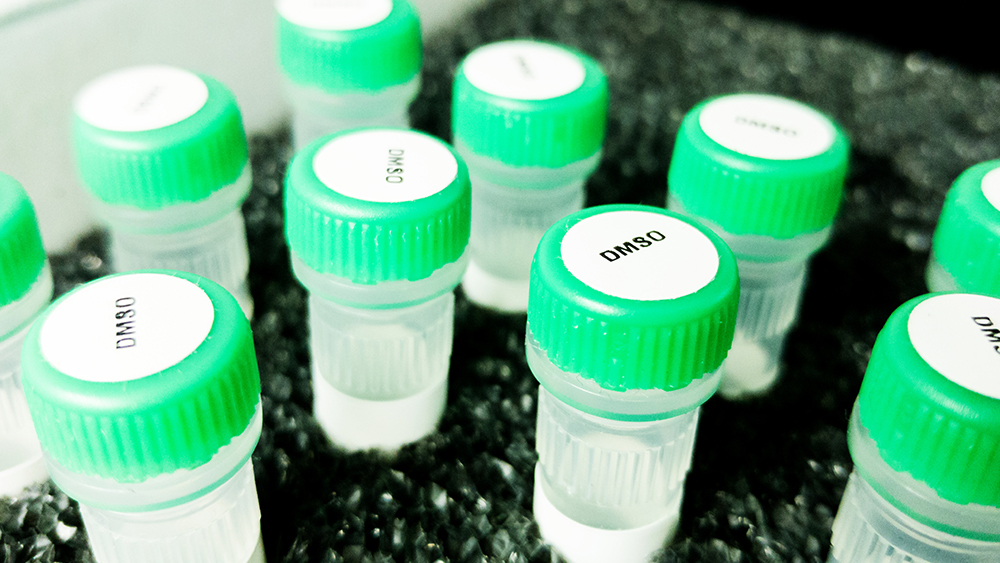Leon Chaitow’s “An End to Cancer” offers a nutritional path to hope
05/02/2025 / By Belle Carter

- Leon Chaitow’s book, “An End to Cancer: The Nutritional Approach to Its Prevention and Control,” challenges conventional cancer wisdom and advocates for a radical shift in understanding and combating the disease, proposing a holistic approach.
- The book centers on laetrile, a concentrated extract of vitamin B17, presenting it as a key component of a holistic cancer treatment strategy. Chaitow draws on the experiences of Dr. H. Moolenburgh, who observed significant recoveries in patients using laetrile, highlighting its potential as a “turning point” in cancer treatment.
- Chaitow emphasizes that laetrile is not a standalone solution but part of a broader approach that includes a strict diet, vitamin therapy, enzyme and mineral supplements and psychotherapy. This comprehensive program aims to support the body’s natural defenses and target cancer cells while minimizing harm to healthy cells.
- The book addresses the controversy surrounding laetrile, confronting skepticism from the medical establishment and pharmaceutical industry. Chaitow critiques trials by organizations like the National Cancer Institute, arguing that they used substandard versions of laetrile and ignored crucial dietary and supplement components, underscoring the need for unbiased, comprehensive research.
- Beyond laetrile, Chaitow advocates for a total biological approach, emphasizing a diet rich in vitamin B17 and providing a detailed list of cancer-fighting foods. He also highlights the emotional and psychological aspects of cancer, discussing the power of hope and a positive mental attitude, encouraging readers to take control of their health and embrace a healing mindset.
“An End to Cancer: The Nutritional Approach to Its Prevention and Control” by Leon Chaitow is not just another entry in the vast literature on cancer; it is a bold manifesto that questions conventional wisdom and proposes a radical shift in how we understand and combat this devastating disease.
Published at a time when the medical community is increasingly open to integrative approaches, Chaitow’s work is both timely and provocative.
The book’s central premise revolves around laetrile, a concentrated extract of vitamin B17, which Chaitow presents as a cornerstone of a holistic cancer treatment strategy. This is not a new idea, but Chaitow’s exploration is both comprehensive and compelling. He draws on the experiences of Dr. H. Moolenburgh, a leading European specialist who has witnessed remarkable recoveries in patients using laetrile. Moolenburgh describes the treatment as a “turning point” in his practice, recounting the story of a patient who went from being “gasping for breath” to merely “a little breathless” after gardening. Such testimonials are powerful, yet they also highlight the contentious nature of laetrile as a treatment option.
Chaitow is quick to acknowledge that laetrile is not a standalone solution. Instead, it is part of a broader, holistic approach that includes a strict diet, vitamin therapy, enzyme and mineral supplements and even psychotherapy. This comprehensive program is designed to support the body’s natural defenses and target cancer cells while minimizing harm to healthy cells. The author emphasizes that this approach requires a deep understanding of natural healing principles and a commitment to lifestyle changes.
The science behind laetrile is both fascinating and complex. Chaitow explains that laetrile releases cyanide in the presence of an enzyme found in cancer cells, effectively destroying them without harming healthy tissue. This mechanism addresses one of the main criticisms of laetrile – that it is toxic. According to Chaitow, when used correctly, laetrile is non-toxic and can be a powerful tool in the fight against cancer.
However, the book does not shy away from the controversy surrounding laetrile. Chaitow confronts the skepticism of the medical establishment and the pharmaceutical industry, which have historically been hostile to the idea of a natural cure for cancer. He recounts the legal and professional battles faced by laetrile proponents, who have been accused of quackery and faced significant opposition.
Chaitow also critiques the trials conducted by organizations like the National Cancer Institute (NCI), arguing that they were often flawed. He points out that these trials used substandard versions of laetrile and ignored the crucial dietary and supplement components that are essential to its effectiveness. This critique underscores the need for unbiased, comprehensive research that truly evaluates the potential of laetrile.
Beyond laetrile, Chaitow’s book is a call for a total biological approach to cancer. He emphasizes the importance of a diet rich in vitamin B17, found in foods like apricot kernels, apples and bamboo shoots. He provides a detailed list of foods that are not only nutritious but also potentially cancer-fighting. This diet is not just about avoidance but active incorporation of foods that can help the body heal itself.
Chaitow’s holistic approach extends to the emotional and psychological aspects of cancer. He discusses the power of hope and mental attitude, citing studies and case histories that suggest a positive outlook can significantly impact the course of the disease. This theme of empowerment resonates throughout the book, encouraging readers to take control of their health and embrace a mindset that supports healing.
Learn more about the book “An End to Cancer” by watching the video below.
This video is from the BrightLearn channel on Brighteon.com.
Sources include:
Submit a correction >>
Tagged Under:
#nutrition, An End to Cancer, cancer, cancer cures, food, food is medicine, holitic, laetrile, Leon Chaitow, Naturopathy, Psychotherapy, vitamin B17, war on cancer
This article may contain statements that reflect the opinion of the author




















